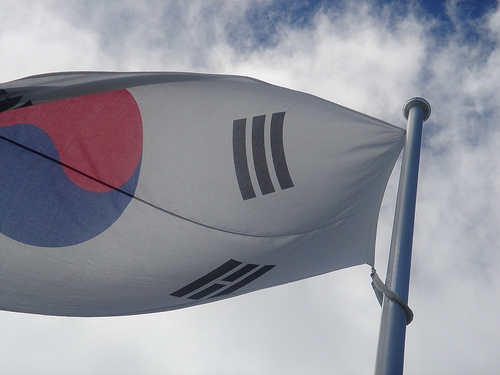
Korean producers losing edge against Japanese counterparts: Moody's
Blame it on yen’s decline.
According to Moody's Analytics, aggressive fiscal and monetary easing in Japan and steady policy in Korea have led to a sharp and swift depreciation in the yen and a concomitant rise in the Korean won.
Here's more:
Monetary policy decisions in both nations on Thursday are unlikely to alter this course. After January's decision included a 2% inflation target and commitment to open-ended quantitative easing, the Bank of Japan is not expected to announce any new additional easing measures until a new governor takes charge in April. A slow and steady recovery in Korea is helping stay the central bank’s hand there.
Since September, the yen has dropped more than 17% against the dollar and lost more than 20% against the won, while the won has gained 3.5% against the greenback.
Price competitiveness has long been Korea’s advantage over Japan, but Japanese companies could gain market share as the yen heads down. The yen's fall is a big headwind for Korea given that country's competition with Japan in the production and export of similar products such as electronics, autos, chemicals and machinery. Both economies also count China and Asia as their biggest customers.
Japanese authorities are cheering the falling yen because it boosts the outlook, while sentiment in Korea has turned sour. These reactions are being mirrored in financial markets, where Japan's Nikkei has surged about 31% since September and Korea's Kospi has swung between gains and losses to be broadly unchanged.
Korean authorities have responded by implementing new taxes on financial transactions to help slow the pace of capital inflows and won appreciation.
It's not all negative for Korea. A falling yen and rising won, which also reflect improvements in global risk appetites, signal a strengthening world economy. That, together with better growth prospects in Japan, could lead to stronger overall demand for Korean goods.
























 Advertise
Advertise






